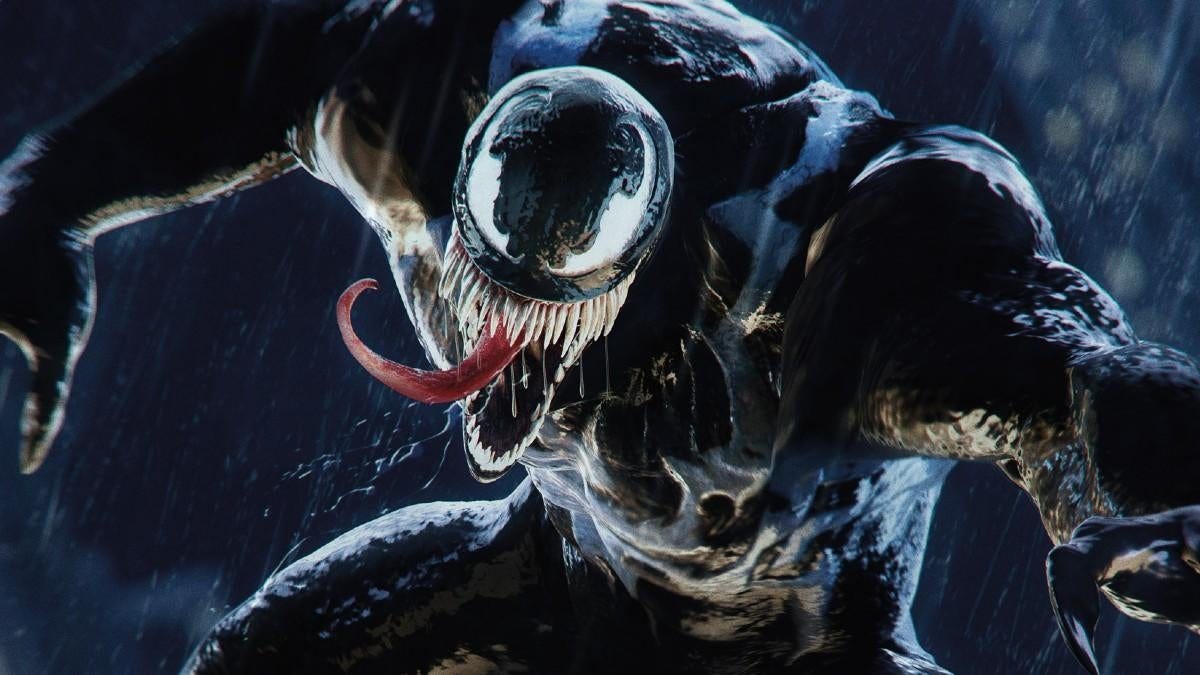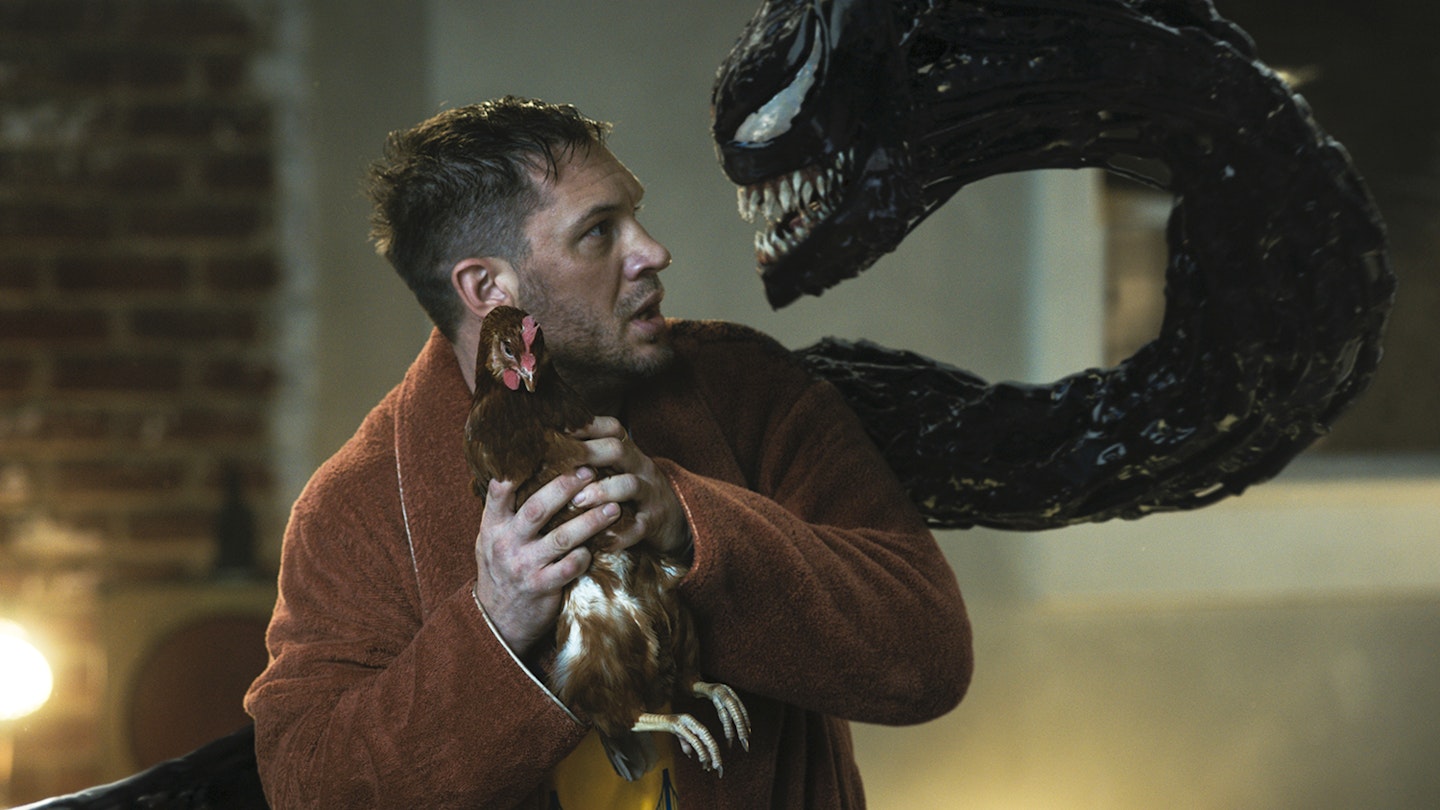
The trailer release for Madame Web has sparked a wave of concern and disappointment among fans and critics alike, largely due to what is perceived as a mishandling of outdated ideas and comic book inaccuracies. At the center of this brewing storm is Avi Arad, a name that has become synonymous with both the best and worst aspects of comic book movie production. Arad, credited with founding Marvel Studios, played a role in bringing iconic characters like Spider-Man, Blade, and the X-Men to the big screen in the early 2000s.
While Arad may have played a crucial role in the inception of Marvel Studios, his legacy is marred by a perception that his primary focus was on merchandising rather than fostering the creative potential of what would eventually evolve into the Marvel Cinematic Universe (MCU). A critical examination of his early influence in superhero films reveals a mixed bag of successes, including the groundbreaking Spider-Man trilogy, as well as missteps like Hulk, Elektra, and Fantastic Four.
The turning point in public opinion regarding Avi Arad seems to be linked to his involvement in Spider-Man 3, where he reportedly pushed director Sam Raimi to include the character Venom, a decision that is now widely regarded as a misstep. As the MCU evolved and expanded, Arad’s influence continued to grow, particularly evident in the less-than-stellar narrative execution of The Amazing Spider-Man movies. These films were characterized by a lack of cohesive storytelling, with notable plotlines, such as the “Untold Story,” left discarded on the cutting room floor, and a hasty attempt to introduce the Sinister Six in The Amazing Spider-Man 2.

With the subsequent integration of Tom Holland’s Peter Parker into the MCU, Arad has seemingly been given more leeway to produce standalone films like Venom and Morbius. Unfortunately, these movies have been met with criticism for their perceived outdated feel, harkening back to the mid-2000s when Arad held significant sway within Marvel. The concern is not merely about replicating past successes but rather about a failure to adapt to the evolving landscape of superhero cinema.
Despite the success of animated Spider-Verse movies, which some attribute to Arad’s expertise, there is a growing sentiment that Sony could achieve even greater success by distancing itself from his creative input. The upcoming projects, including Kraven the Hunter, Silk, and Spider-Man Noir, continue to carry the fingerprints of Arad’s influence, raising apprehensions about the direction of the Marvel Universe under his guidance.
The article underscores the need for Sony to consider a shift in creative leadership, emphasizing that the success of the Spider-Verse should not be seen as an exception but rather as a testament to the potential for greatness without Arad’s direct involvement. It questions the sustainability of Arad’s approach in the face of potential ‘superhero fatigue’ and suggests that Sony could benefit from exploring new perspectives and fresh creative voices.

In conclusion, while Avi Arad undoubtedly contributed to the early success of Marvel Studios, the prevailing sentiment is that his influence has become a burden to the franchise. The call for Arad to step away from comic book movie production is not merely a critique of past decisions but a plea for a reevaluation of Sony’s creative direction. As the industry continues to evolve, the article contends that retiring Avi Arad would not only be a fitting acknowledgment of his past contributions but a crucial step toward ensuring the continued success and innovation of the Marvel Universe on the big screen.
We bring out some of the most well-known Disney collection, all of which are available at reasonable costs. Visit our link now if you are interested in the Disney collection


Rocket Raccoon, Groot, Thanos, Loki, Winter Soldier